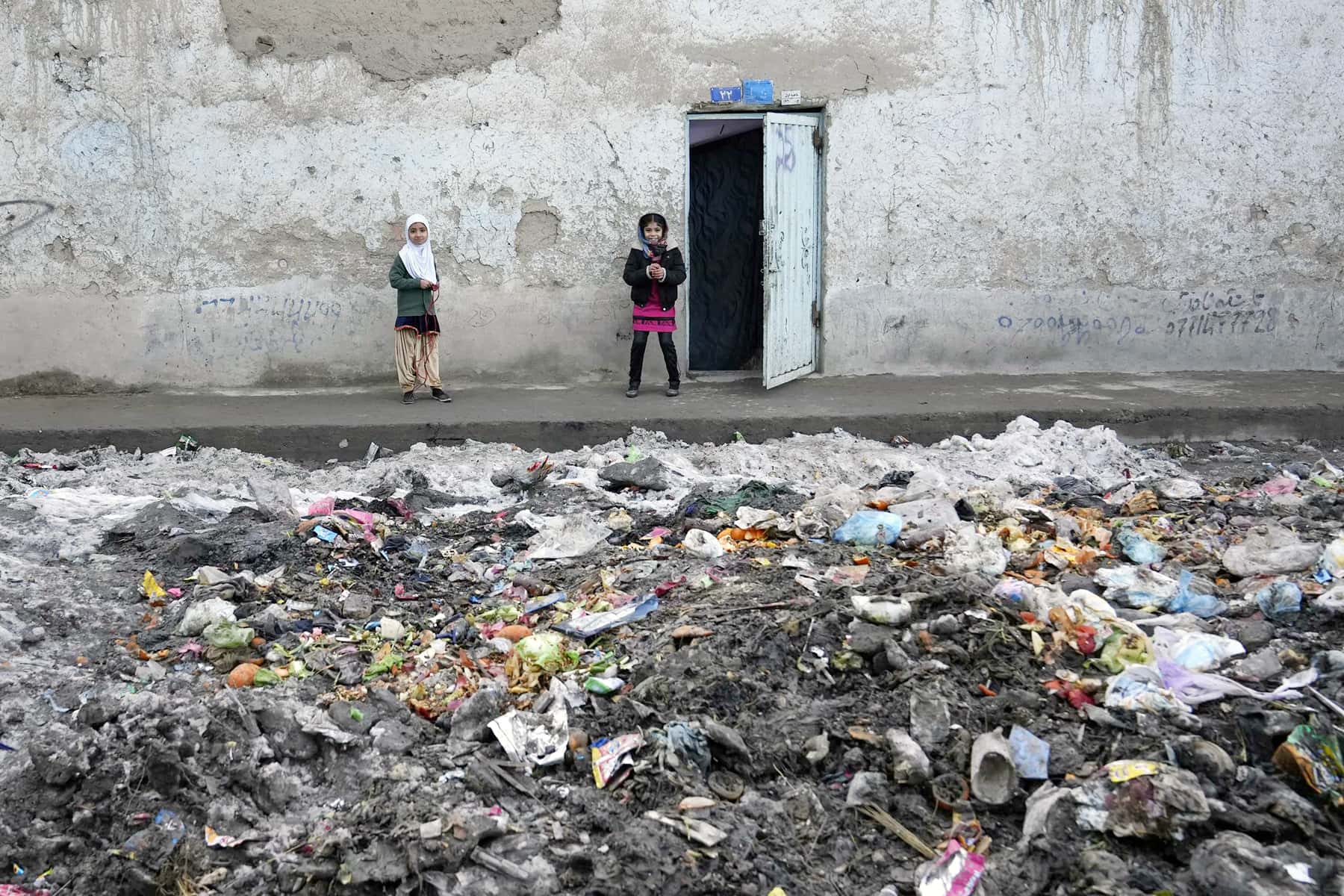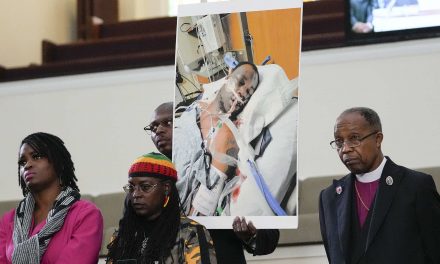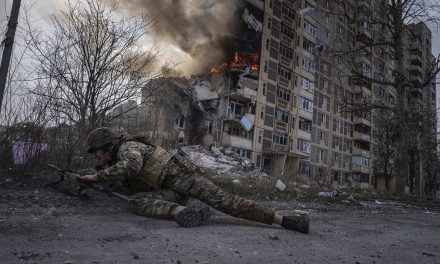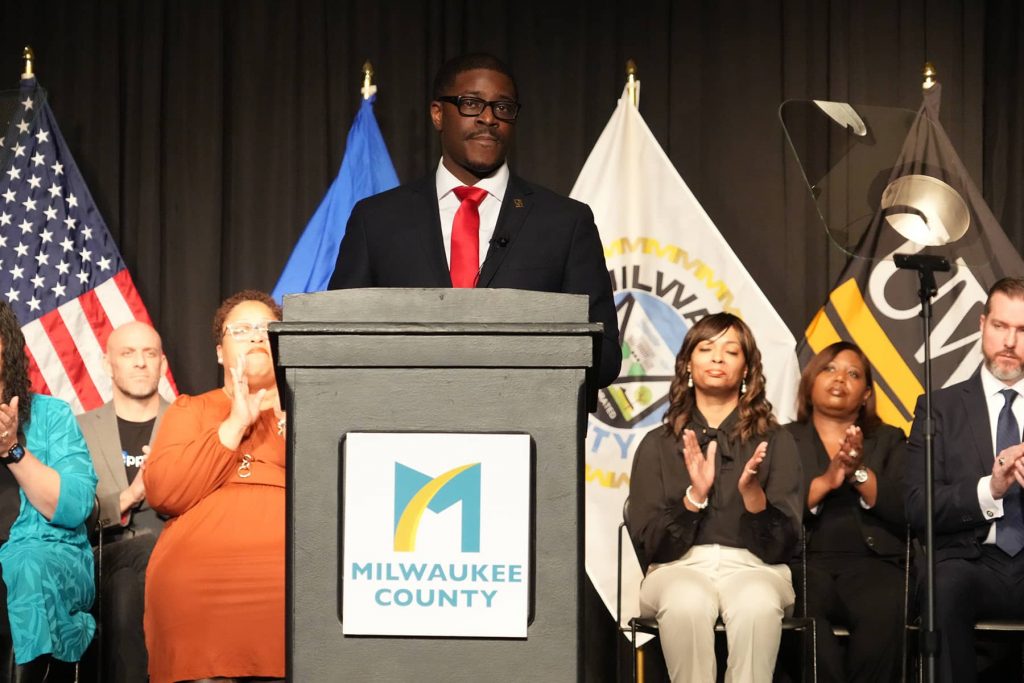
“President Biden’s decision to set aside half of Afghanistan’s frozen reserves to 9/11 families is short-sighted, cruel, and will worsen a catastrophe in progress, affecting millions of Afghans, many of whom are on the verge of starvation.” – Lida Azim
According to the most recent data collected by the United Nations, “about 90% of the Afghan people live on less then $2 dollars per day, and nearly half of the population is currently facing starvation.” That is nearly 23 million people.
This is one of the most severe forms of a humanitarian crisis today, and there should be no misunderstandings about this situation. These are families, these are mothers, fathers, and children who are missing out on the most basic of human right, the right to adequate food, water, and shelter. Like it or not, this is too often the cost of war and the price that comes with the occupation of a country.
“For two decades, the United States supported puppet regimes in Afghanistan, making that country dependent on foreign assistance as though it were on life support. 95% of the population, more than three-quarters of whom are women and children, remained below the poverty line while corruption, mismanagement, embezzlement, waste and fraud benefited numerous warlords, including U.S. military contractors.” – Kathy Kelly
On January 10, the Biden Administration issued an executive order that would split the 7 billion dollars between humanitarian efforts in Afghanistan, and a fund for victims of the 9/11 terror attack.
The disguise of a compromise conflates humanity shown to a country of mostly Muslims, while also providing compassion to victims of a terror plot carried out by just a handful of Muslims. A compromise that I fear ends up feeding an Islamophobic narrative and holding the Muslim community accountable for the actions of terrorists.
Even if we assume good intentions by the Biden administration, 21 years after 9/11, we still have not learned our lesson. We cannot vilify an entire population, either intentionally or unintentionally, to appease a segment of Americans who hold the entire Muslim community in contempt for what happened on 9/11.
This type of minority blaming and scapegoating has and continues to rip us apart in our own country, and continues to justify geopolitical cruelty.
One of the most poignant lessons that the current COVID pandemic has taught the world is that we are “all in this together.” Borders and political lines are not barriers to the pandemic. Just as in Milwaukee, even the historical segregation of neighborhoods cannot keep problems like crime from having an impact across all communities, regardless of geographical residence. As an interdependent community, we are all in this together. The sooner we come to realize this truth, the healthier we can all be.
We should strive to be better, and not turn a blind eye to the plight of the Afghan people. We should demand more compassion in our local decisions and our geopolitical ones. We cannot further divide funding that is intended for one purpose to distribute towards another to simply ease our fears.
It is our duty to be mindful and not further stereotype or marginalize already disadvantaged communities in the name of political compromise. War has a unique traumatic effect on all of us. The victim and the perpetrator. Decades of “Forever Wars” have infected the hearts of so many across our culture. It has provided justification of our mindsets and our harmful actions.
It is clear that the 20-year war in Afghanistan has burdened our souls and taught us to ignore the voices that are suffering in the world. The apathy of Americans to each other is on display for the world at this moment. We must be better, and reach beyond our selfish interests. America must be an example of freedom and democracy. That means that we have a lot of work to do ourselves, both internally and externally.
We all need to join together in calling for more compassionate relief to help the Afghan people, both here in Wisconsin and abroad. It is up to us to make certain that we keep to the promise of helping to increase humanitarian aid and ease the mass starvation from the pandemic. Together we can make certain that our actions in the future match our call to love in the spirit of our collective faiths.
As we continue to challenge ourselves to help bring healing and relief to those in Afghanistan, and understand that there is no stranger – and nobody to call, “the other,” we can apply those lessons here at home, starting in our own households and neighborhoods.
© Photo
Hussеіn Mаllа














